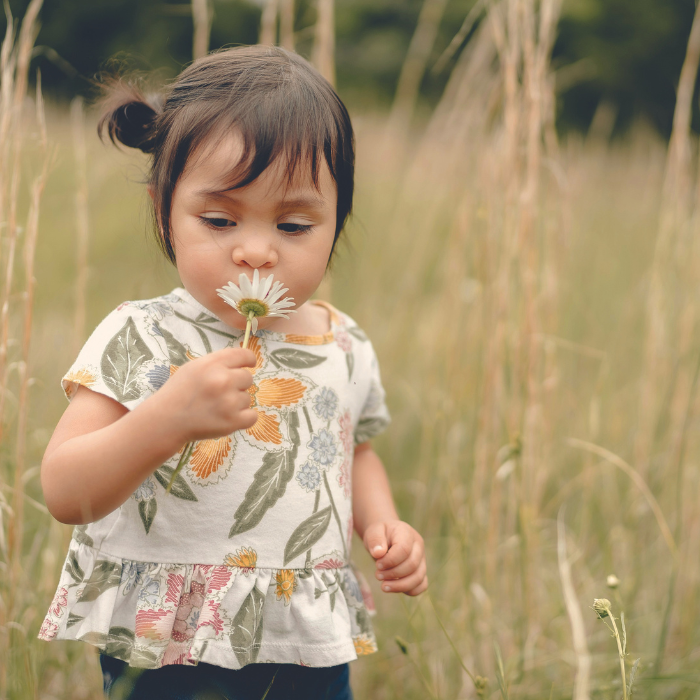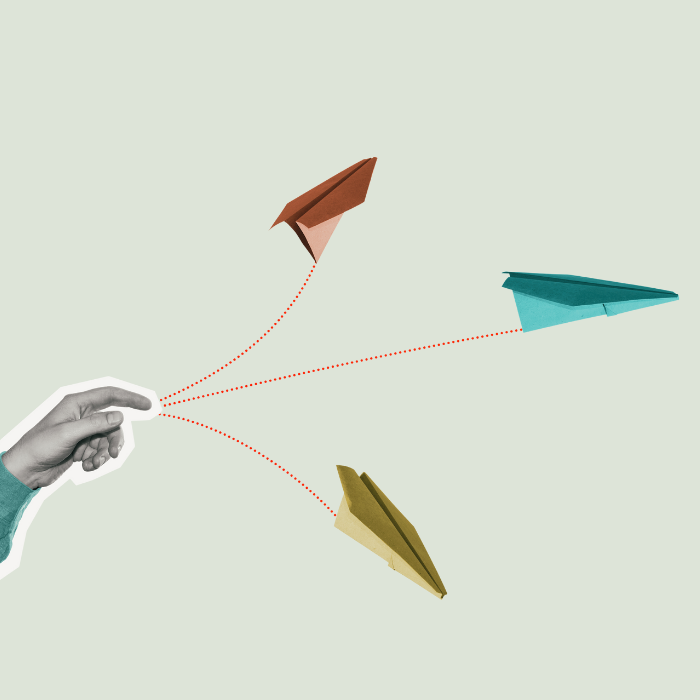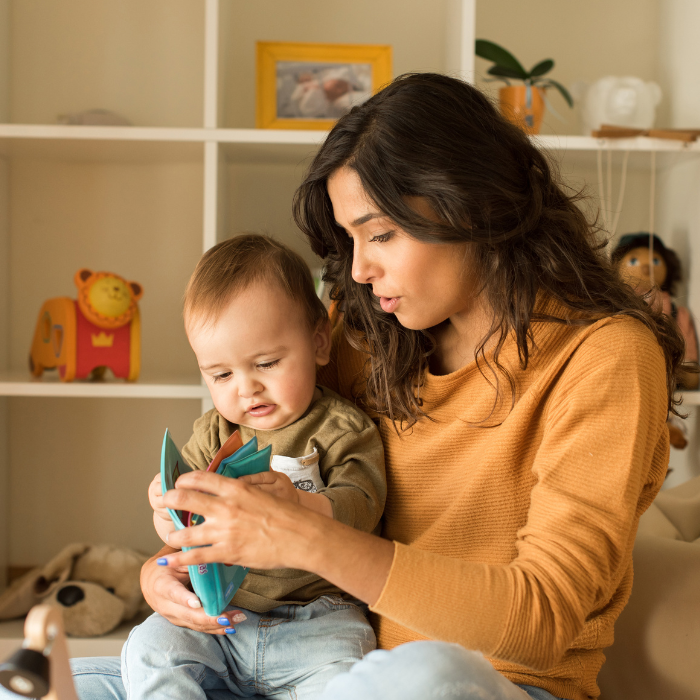
Breathe through those guitar lessons or junior theatre performances and watch your rising star reap these five rewards of being involved in performing arts, explains Amber Hall.
Adaptability and perseverance
Being able to think on your feet or quickly recover from minor mistakes are invaluable skills to have as an adult. Children in performing arts get lots of opportunities to learn how to improvise on the fly, because no performance is ever perfect. They get practised at minimising errors, expecting the unexpected, and knowing that no matter what happens, the show must go on. You can help your child feel prepared by asking them what possible problems might come up during their performance (like dropping their music, losing their place in a dance routine, or another performer forgetting their lines), and what they could do to solve these issues. Practise possible scenarios and role-play ways in which they might handle things while staying cool and calm.
Mastering their anxiety
It’s no surprise that performing in front of an audience, regardless of size, can be a pretty nerve-wracking experience. It takes bravery to get up on that stage, but bravery is like a muscle: The more you practise, the stronger it gets, and having a group of strangers applaud your efforts certainly makes the experience that much sweeter. By learning at a young age how to deal with pre-performance nerves, your kids will begin to accept that those emotions are completely normal, and will realise there’s nothing wrong with feeling nervous before a show. You can help your child curb their worries by reminding them of previous performances when they felt anxious and how in the end, everything turned out okay. Even better if you can recall examples that were really successful and that they enjoyed.
Confidence and self-esteem
On stage, children get the opportunity to work collaboratively through teamwork. This can often mean working with people from different ages or backgrounds. Kids build confidence because they get used to offering creative suggestions and opinions in a safe learning environment, and they quickly get a sense that they’re just as responsible for keeping the performance going as anyone else up there with them, so just as entitled to feel proud of the accomplishment.
Empathy and compassion
Another benefit of the teamwork required in performing arts is that kids learn interpersonal skills like empathy and compassion. The creativity they develop through performing can also transfer to their emotional creativity. It becomes necessary for kids to step into another person’s shoes, particularly when acting, but also because they watch their fellow performers work just as hard as them to pull off the performance.
Memory and academic achievement
As well as social and motor skills, kids in performing arts benefit from potential cognitive improvements too. Research shows that children who perform are less likely to miss school and have up to four times more chance of being recognised for academic achievement, compared to those that stay away from the stage. Learning lines or practising music helps kids to develop their memory and recall, which can contribute to better test results. In fact, drama and music kids often have more developed reading comprehension, writing, second languages, and even maths proficiency.








